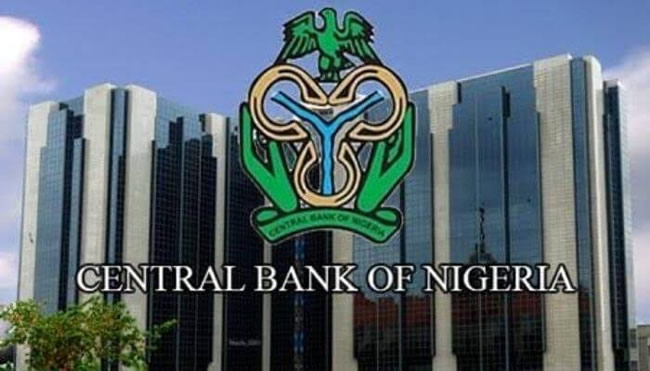
Recent data released by the Central Bank of Nigeria indicates a steady rise in the country’s foreign exchange reserves.
On June 20, 2024, Nigeria’s FX reserves hit $33.6bn, a notable increase from $32.7bn recorded on June 3, 2024.
This positive momentum in FX reserves comes as a relief for Nigeria’s economy, which has been struggling with currency fluctuations and dwindling foreign investments.
Factors contributing to the upsurge include higher crude oil prices, enhanced export earnings, and the Central Bank of Nigeria’s initiatives in currency management.
Data analysis reveals a consistent growth trajectory in Nigeria’s FX reserves over the last fortnight, with a daily average uptick of $150m.
This trend marks a divergence from previous months marked by fluctuating reserves, driven by varied economic influences.
The mounting FX reserves are poised to play a crucial role in fortifying Nigeria’s economy by ensuring the nation meets its foreign exchange commitments, such as servicing foreign debts and facilitating imports.
Moreover, the bolstered FX reserves are set to instill greater confidence among investors in Nigeria, addressing a long-standing challenge.
Despite challenges from the COVID-19 pandemic and global oil price declines, the Central Bank of Nigeria remains resolute in stabilizing the nation’s currency through various interventions.
The sustained growth in FX reserves underscores the efficacy of these interventions, signaling a path to economic recovery for Nigeria.
In a recent development, the CBN attributed the three-month consecutive decline in inflation rates to the potency of its monetary policies.
Thirteen states in the federation registered reduced inflation rates in the latest statistics.
According to the National Bureau of Statistics, the headline month-on-month inflation rate decreased to 2.14% in May from 2.29% in April and 3.02% in March.
Food inflation also saw a third straight monthly decline, dropping to 2.28% in May.
Muhammad Abdullahi, Deputy Governor of the Economic Policy Directorate at the CBN, remarked, “The tide on inflation is gradually turning. We will persist in implementing coordinated policies to ensure a forthcoming end to the inflationary phase.”
The CBN’s efforts to combat inflation, initiated since February, are reflected positively in the monthly statistics. While yearly inflation persists, the monthly rates suggest a deceleration in price surges for essential commodities.
Economist Olorunfemi Idris from Phemmy Gracey Limited commented, “The consistent escalation in Nigeria’s FX reserves bodes well for the economy, with expectations of promoting currency stability and overall economic resilience.
Nonetheless, formidable economic hurdles remain for the nation, necessitating continued collaboration between the government and the CBN to address these challenges and secure a sustainable economic rebound.”
